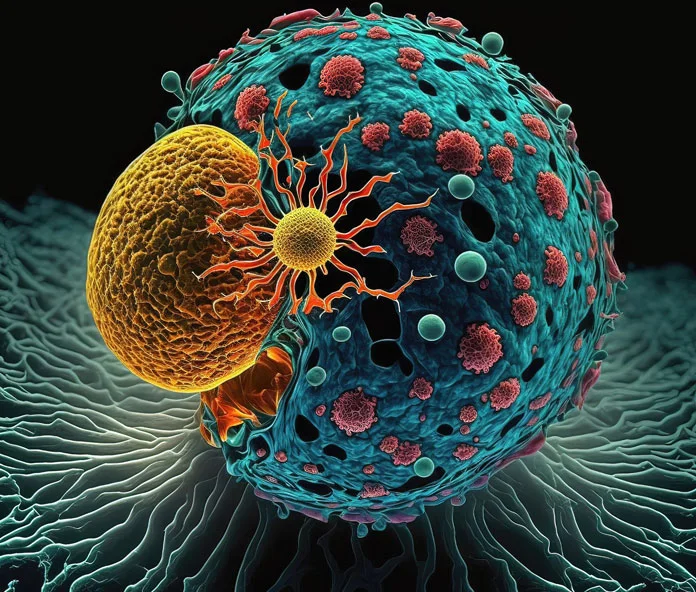


Lymphoma is a type of cancer that originates in the lymphatic system, a key component of the body's immune system. The lymphatic system includes lymph nodes, spleen, thymus gland, and bone marrow. Lymphomas are characterized by the abnormal growth of lymphocytes, a type of white blood cell, leading to the formation of tumors.
There are two main types of lymphoma: Hodgkin lymphoma (HL) and non-Hodgkin lymphoma (NHL). Hodgkin lymphoma is characterized by the presence of Reed-Sternberg cells, while non-Hodgkin lymphoma encompasses a diverse group of lymphomas with various subtypes.
Symptoms of lymphoma may include swollen lymph nodes, fatigue, unexplained weight loss, fever, and night sweats. The exact cause of lymphoma is often unknown, but risk factors may include a compromised immune system, certain infections, and genetic predisposition.
Treatment for lymphoma depends on the type, stage, and other individual factors. Common treatment modalities include chemotherapy, radiation therapy, immunotherapy, and stem cell transplantation. The prognosis for lymphoma varies widely, and advances in medical research have led to improved outcomes for many patients. Regular medical monitoring and follow-up care are essential components of managing lymphoma.